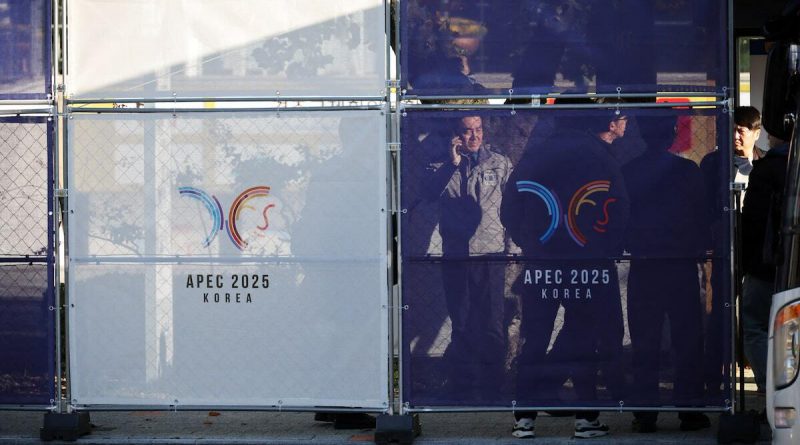South Korea and United States Strengthen Strategic Alliance with Nuclear-Powered Submarine Collaboration
Seoul – In a significant step toward deepening defense and technological cooperation, South Korea has received approval from the United States to develop its first nuclear-powered submarine — a move that marks a historic milestone in the strategic alliance between the two nations.
The initiative, which will allow South Korea to join a select group of nations possessing such advanced maritime capabilities, reflects the growing trust and partnership between Seoul and Washington in ensuring regional peace, security, and innovation in defense technology.
During his visit to South Korea, U.S. President Donald Trump and South Korean President Lee Jae Myung held high-level talks that resulted in several strategic agreements aimed at strengthening economic and defense ties.
Among the highlights was the green light for South Korea to begin the process of constructing nuclear-powered submarines in collaboration with U.S. partners.
This agreement underscores a new era of cooperation, expanding beyond traditional defense frameworks to include technological collaboration, industrial innovation, and shared energy advancements.
According to statements following the summit, the submarines are planned to be built at a shipyard in Philadelphia, where South Korean firms have made major investments in recent years.
This partnership aims not only to bolster South Korea’s naval capabilities but also to support American manufacturing and innovation in defense infrastructure.
The collaboration is expected to create new opportunities for both nations through technology transfer, research development, and the joint training of skilled engineers and naval experts.
President Lee emphasized that developing nuclear-powered submarines equipped with conventional weapons would greatly enhance South Korea’s defense capabilities and regional stability.
He expressed gratitude for the support provided by the United States, noting that the project will contribute to deterring potential threats, maintaining peace in Northeast Asia, and advancing technological cooperation between the two countries.
South Korea’s Defense Minister Ahn Gyu-back confirmed that the country’s long-term plan includes building its own modular nuclear reactors and receiving enriched uranium fuel from the United States under strict international safeguards.
He highlighted that South Korea’s advanced shipbuilding industry and its expertise in reactor technology position it well to undertake this ambitious endeavor.
Officials also pointed out that the country has been developing small nuclear reactors for several years, meaning it could accelerate the construction process and reduce the typical decade-long timeline for such projects.
“We believe that by using the technologies we have been developing, we can achieve this within a much shorter period,” said one senior defense official, signaling South Korea’s readiness to take on the challenge.
This partnership aligns with global trends toward cleaner and more efficient defense technologies, as nuclear-powered vessels are known for their extended operational range, endurance, and energy efficiency compared to conventional diesel submarines.
The project represents not only a defense milestone but also a technological leap forward for South Korea’s industrial and scientific sectors.
Beyond defense, the summit also opened doors for expanded economic cooperation. The two leaders discussed increasing South Korea’s imports of U.S. oil and gas, creating a balanced trade framework that benefits both economies.
These economic agreements are expected to contribute to job creation, innovation, and a stronger partnership between South Korean and American industries.
Regional observers have noted that the move could also strengthen peace and stability in East Asia by allowing South Korea to play a more proactive role in maintaining maritime security and deterring potential threats.
Both nations reaffirmed their commitment to upholding international non-proliferation standards and ensuring that all nuclear-related activities adhere to peaceful and transparent purposes under the oversight of international organizations.
The announcement marks a major advancement in U.S.-South Korea relations, demonstrating mutual confidence and a shared vision for innovation, stability, and peace.
By combining South Korea’s shipbuilding excellence and nuclear engineering expertise with U.S. technological support, the two nations are laying the groundwork for a new chapter in defense cooperation that promotes both regional security and global stability.



